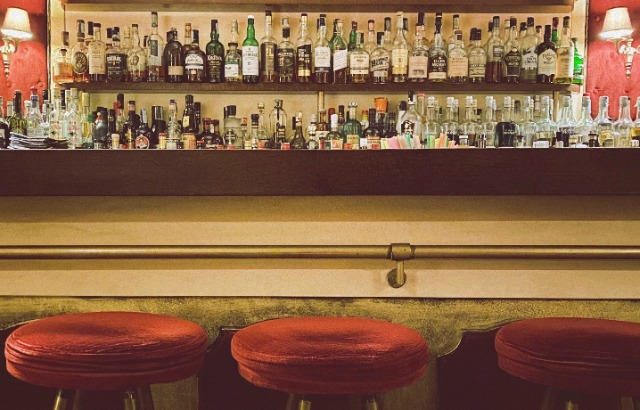Cost-of-living crisis to leave industry ‘vulnerable’
New research has revealed that the cost-of-living crisis in Ireland will leave many in the hospitality industry ‘vulnerable’ as costs soar.

The Drinks Industry Group of Ireland (DIGI)’s report, Estimation of Costs of Doing Business in the Hospitality Sector: 2022 and 2023, explores the soaring costs in the hospitality sector in Ireland.
The research found that energy price increases for businesses have exceeded household increases in many cases.
Electricity prices for businesses are set to hike up to 60% compared with the same period in 2021 – ‘higher than the EU average’, according to DIGI.
The report is researched, and authored by Dublin City University (DCU) associate professor emeritus and economist Anthony Foley.
Foley said: “The economic turbulence in the hospitality sector is clear. Severe inflationary pressures on core costs mean we are looking at a crisis situation across much of the sector.
“Survival over the next six to 12 months will be the goal for many in the sector, with ever tightening margins a reality for most.
“The sector is going through a phase of real upheaval. In deciding which policy levers to pull, government would make the biggest impact by focussing on high consumption taxes like excise, which would have a positive effect on the commercial sustainability of businesses within the sector.”
The report found that the price of electricity rose by 40% in July 2022 compared to July 2021, and gas increased by 60.2% in July 2022 compared with a year earlier.
Meanwhile, heating oil prices increased by 91.9% in July 2022, compared to July 2021, which saw a 39.6% increase when compared with the same period in 2020.
Challenges in staff recruitment
In addition, the hospitality sector faces challenges in recruiting staff.
This has already ‘put pressure’ on payroll costs, said DIGI. Hourly earnings in hospitality were €15.45 (US$15.66) in the first quarter of 2022, a 16% increase on the same period in 2019.
DIGI chair Kathryn D’Arcy said: “The findings of the report are distressing. It demonstrates again the need for policies and actions that reduce the costs facing thousands of businesses and employers throughout the country.
“When you combine this analysis with recent findings showing a decline in the number of pubs of almost 2,000 since 2005, it points to the need for meaningful policy measures to weather the immediate period.
“The majority of hospitality enterprises are sole traders and small businesses who create employment and operate on the thinnest of margins. For the long-term sustainability of the hospitality sector, we need to ensure there is a hospitable environment for business to thrive.
“One measure that the government can enact overnight is a reduction in excise by 7.5%. Small businesses would be able to utilise the cost reduction to offset the rising costs elsewhere in their businesses, namely food, energy and labour costs. Therefore, we call on the government to enact this change in Budget 2023.”
The report also found that additional costs rises are expected in interest rates, water charges, employment taxes.
Recently, Night Time Industries Association (NTIA) found that more than 70% of hospitality businesses will be “financially compromised” within weeks amid soaring costs, with the industry demanding an emergency support package.
Related news
Is this the world’s coldest Martini?
